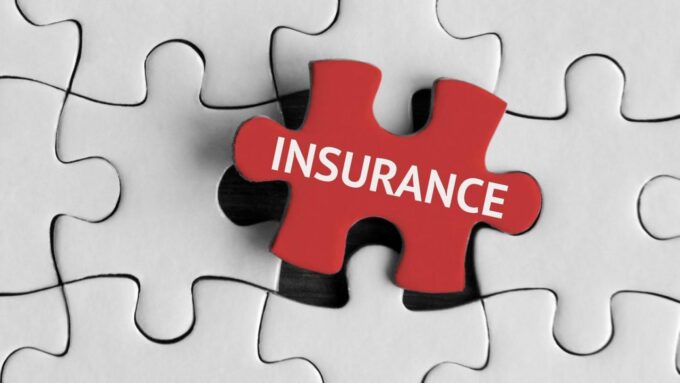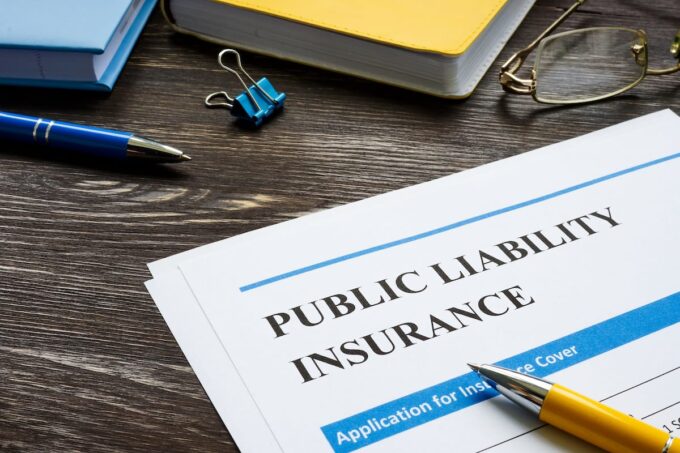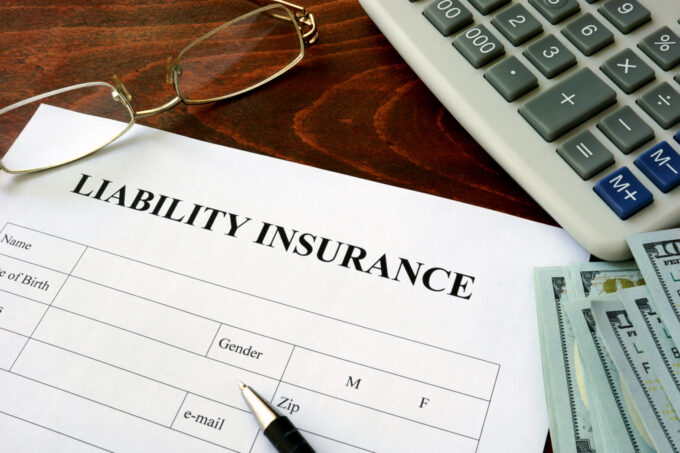What would happen to your company if someone was harmed at your event, you had to cancel it at the last minute, or your equipment got broken? If you have event insurance in place, you won’t have to worry about making ends meet if something goes wrong with your event. Think of it as the equivalent of carrying an umbrella at all times.
To get you started on your search for event insurance and to highlight why it is critical for anyone planning an event to have sufficient insurance coverage, here is our guide to event insurance for businesses…
What Type of Insurance Is Required When Planning an Event?

In order to protect event organisers from several dangers, insurance companies offer a wide variety of coverage options that can be combined into a single policy. The term “risk” is extremely broad. Here are some examples:
- Injuries to visitors
- Broken machinery
- Loss of property
- Postponement of the Event
- Plus any resulting legal fees
You can rest easy knowing that you and your event are protected from the financial expense of these risks so that you can concentrate on what truly matters: arranging a fantastic event.
Your event business plan should anticipate all of these questions. When there are people present, there is risk, hence insurance is a must for almost all events. The most popular types of event insurance are:
- Public liability insurance
- Employers’ liability insurance
- Property insurance
- Cancellation insurance
Let’s take a look at each area of coverage and why anyone planning an event should consider having them in place…
Public Liability Insurance

Every event insurance policy should begin with coverage for public liability. If someone were to get hurt at your event, you wouldn’t want to have to worry about paying for medical bills and lost wages out of pocket.
Event organisers in the UK don’t need public liability insurance by law, but they often require it in order to secure the cooperation of potential sponsors and venues.
Things like premises licences and staffing levels are also important to think about when choosing a venue. Because it’s doubtful that the venue will wish to pay for claims caused by the organiser’s negligence, it’s common practise for venues to request proof of public liability insurance from event organisers.
Employers’ Liability Insurance

Injuries sustained by workers or volunteers may be compensated by employers’ liability policies. Employers’ liability insurance is required by law for most businesses in the United Kingdom to protect against claims made by employees. If your event will involve the assistance of employees, you must obtain this policy.
Property Insurance
Property insurance is another form of protection that many event planners invest in. Wind, snow, ice, rain, and lightning are just some of the perils that are covered by property insurance. However, natural disasters or not, fire and smoke damage are also covered.
This is because, in most cases, event organisers’ property is covered by insurance against vandalism and theft. Property insurance also often includes coverage for machinery. If someone were to damage your pricey audiovisual equipment, you wouldn’t have to worry about replacing it.
Event Cancellation Insurance

Sometimes referred to as “cancellation and abandonment insurance” or “contingency insurance,” cancellation coverage is a type of risk protection. This safeguards the revenue and expenses (and hopefully a profit) of the event’s organisers.
This sort of insurance is recommended for any event organiser who stands to lose money in the event that the event is cancelled, postponed, or otherwise altered.
What’s around the corner is always a mystery. In 2020 and the pandemic, for instance. According to www.pcma.org, 87% of business event planners reported cancellations.
Extreme weather or a lack of availability at the planned venue can force the cancellation of an event. If that happens, the venue will only reimburse the venue price and not the organiser’s other expenses.
Event insurance is for when life throws you a curveball and you have no choice but to go with it. Indemnity policies are the most common type of event cancellation insurance, and they provide planners with financial protection equivalent to what they would have had they not had to cancel the event.
The reasons for cancelling might be extremely varied. However, it makes little difference if there was a freak accident or a simple booking mix-up. Both scenarios have your back covered.
How Much Does Event Insurance Cost?
However, this number might quickly rise into the hundreds, if not thousands, depending on the specifics of your event’s insurance needs. Insurance premiums are affected by a variety of variables…
- Event size
- Venue location
- Venue capacity
- Event type
- Event duration
- Level of cover required
What Type of Activities at an Event Would Be Seen as Hazardous?

Insurance companies do not generally mean skydiving when they refer to “hazardous activities.” Each insurance company will have its own set of potential risks. However, the following will likely raise red flags with your insurer and cause them to reject your claim:
- Inflatables
- Circus or stunt acts
- Trampolining
- Quad Bikes/go-karts
- Pyrotechnics
- Water activities
Don’t worry if your event requires a potentially dangerous activity. It’s not impossible to get insurance, but you can expect to pay more for it.
What Are the More Unusual Types of Cover?
No two events are exactly the same, so if you’re organising anything a little out of the ordinary, you might want to talk to your insurer about getting a little out of the ordinary coverage.
There are physical hazards, such as websites being hacked and money stolen from event organisers via phishing emails, and virtual ones, such as kidnapping if the event is being held in an exotic location. If data security is a real issue, you should employ measures to protect both your own and your visitors’ information online.
Keep in mind that it doesn’t matter how well-organized your event is if you’re new to event planning or want to insure a type of event you’ve never arranged before, unpredictable events are inevitable!
So it’s important to have insurance to cover any losses. It is crucial to your event and to your overall business that you ensure you have adequate insurance for every eventuality.









